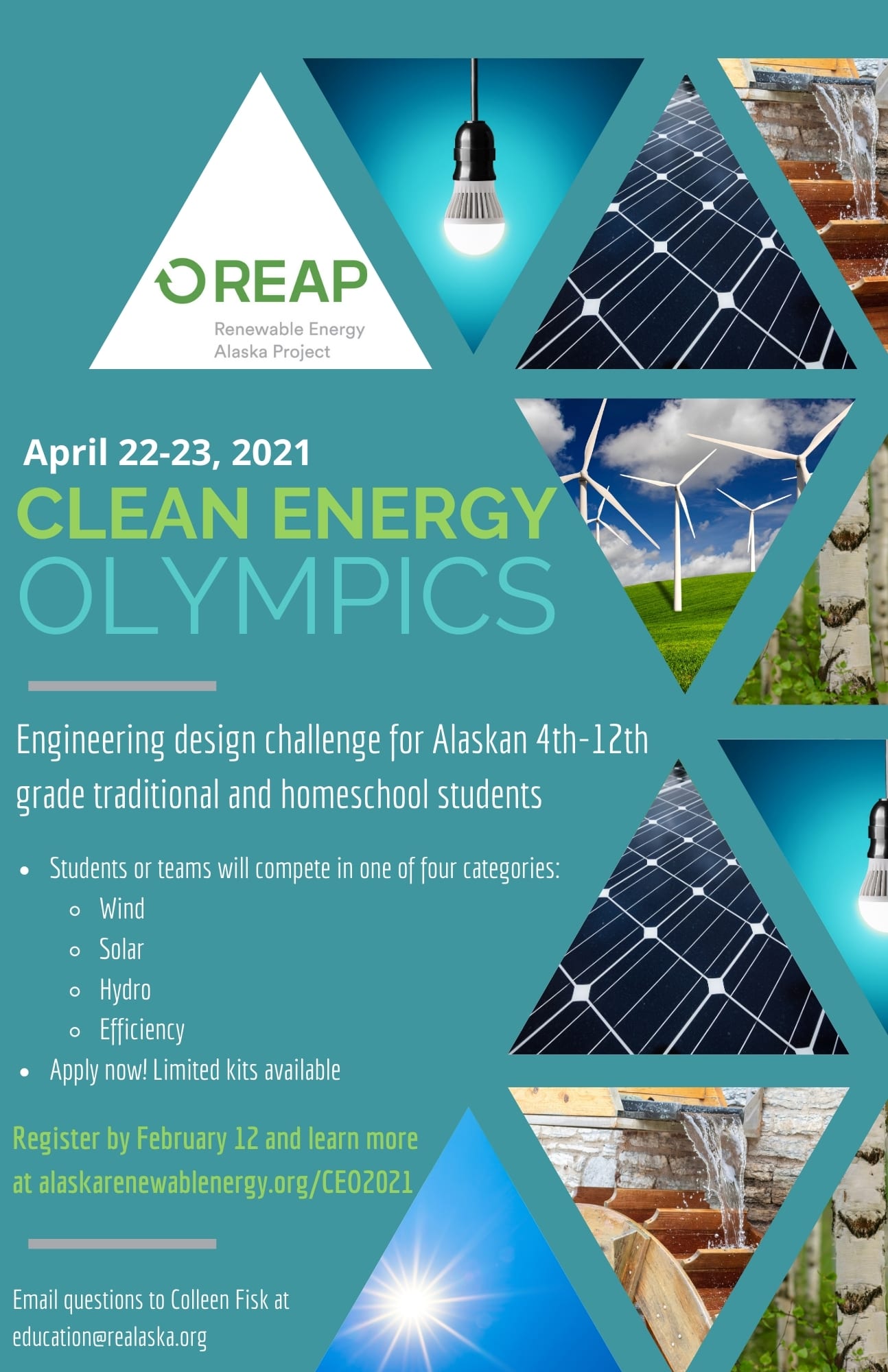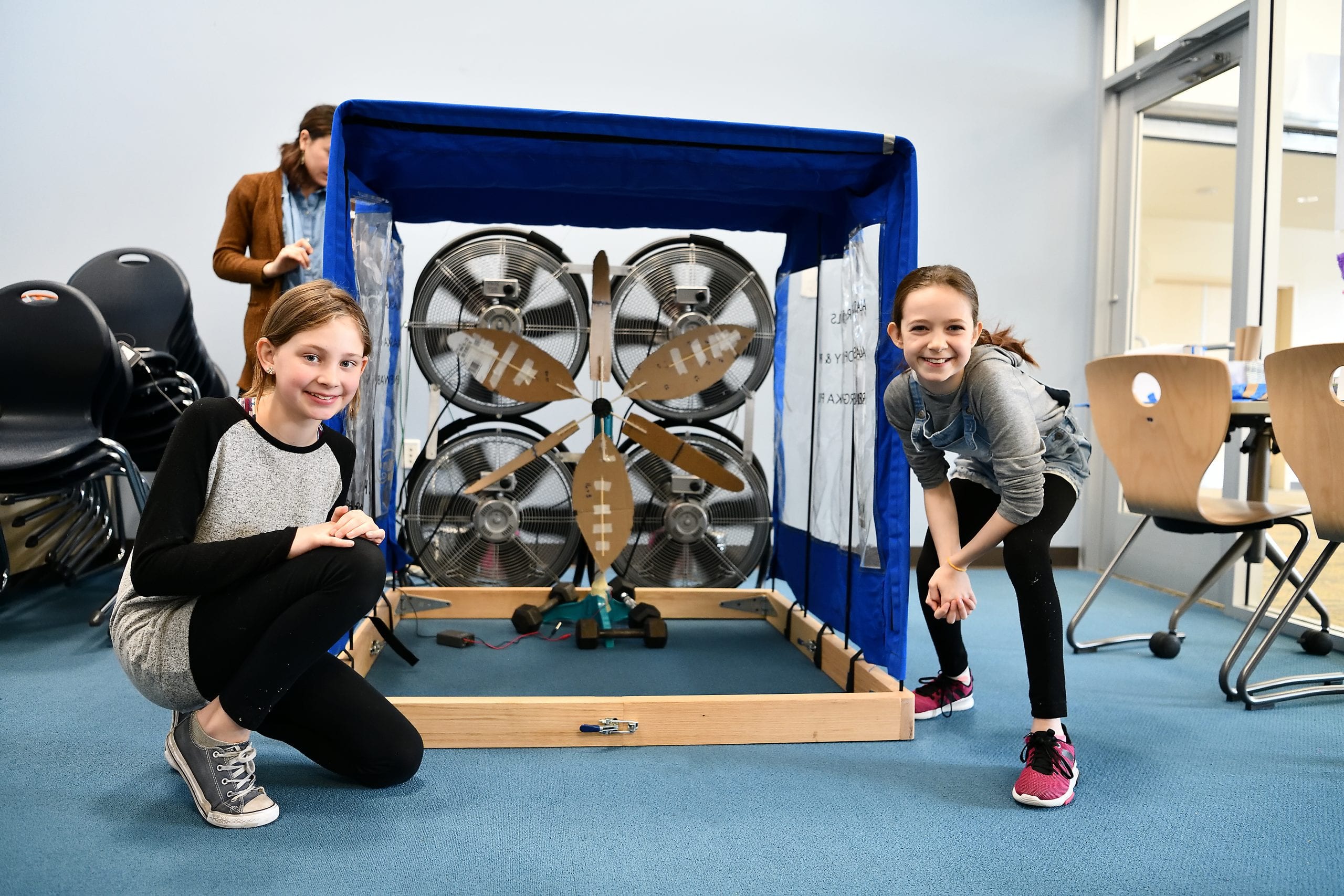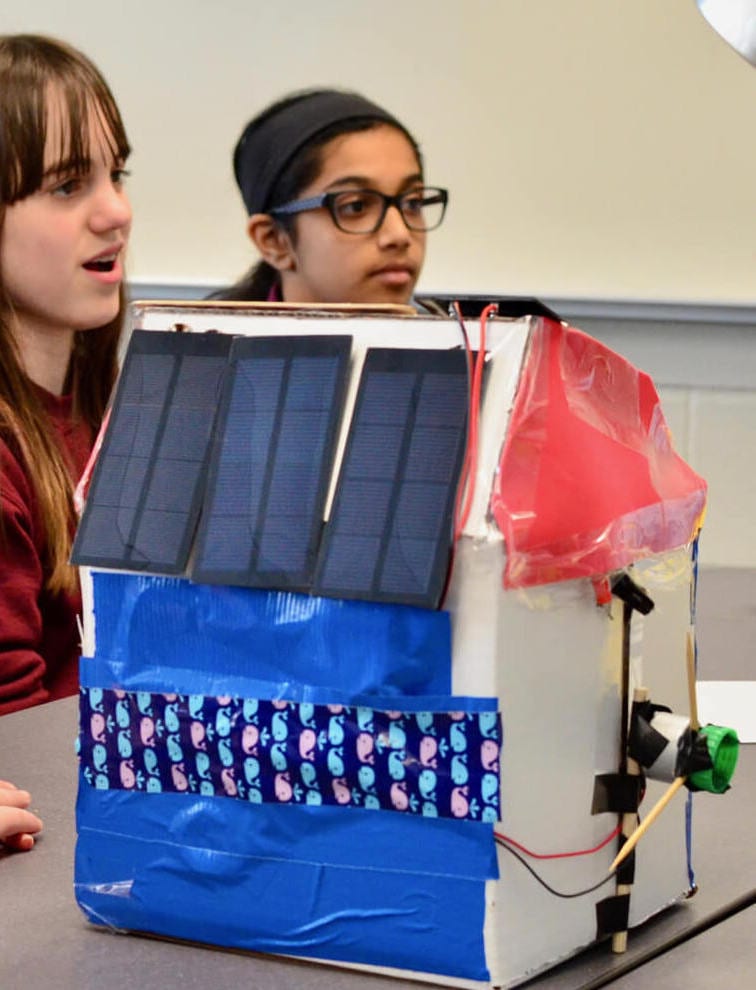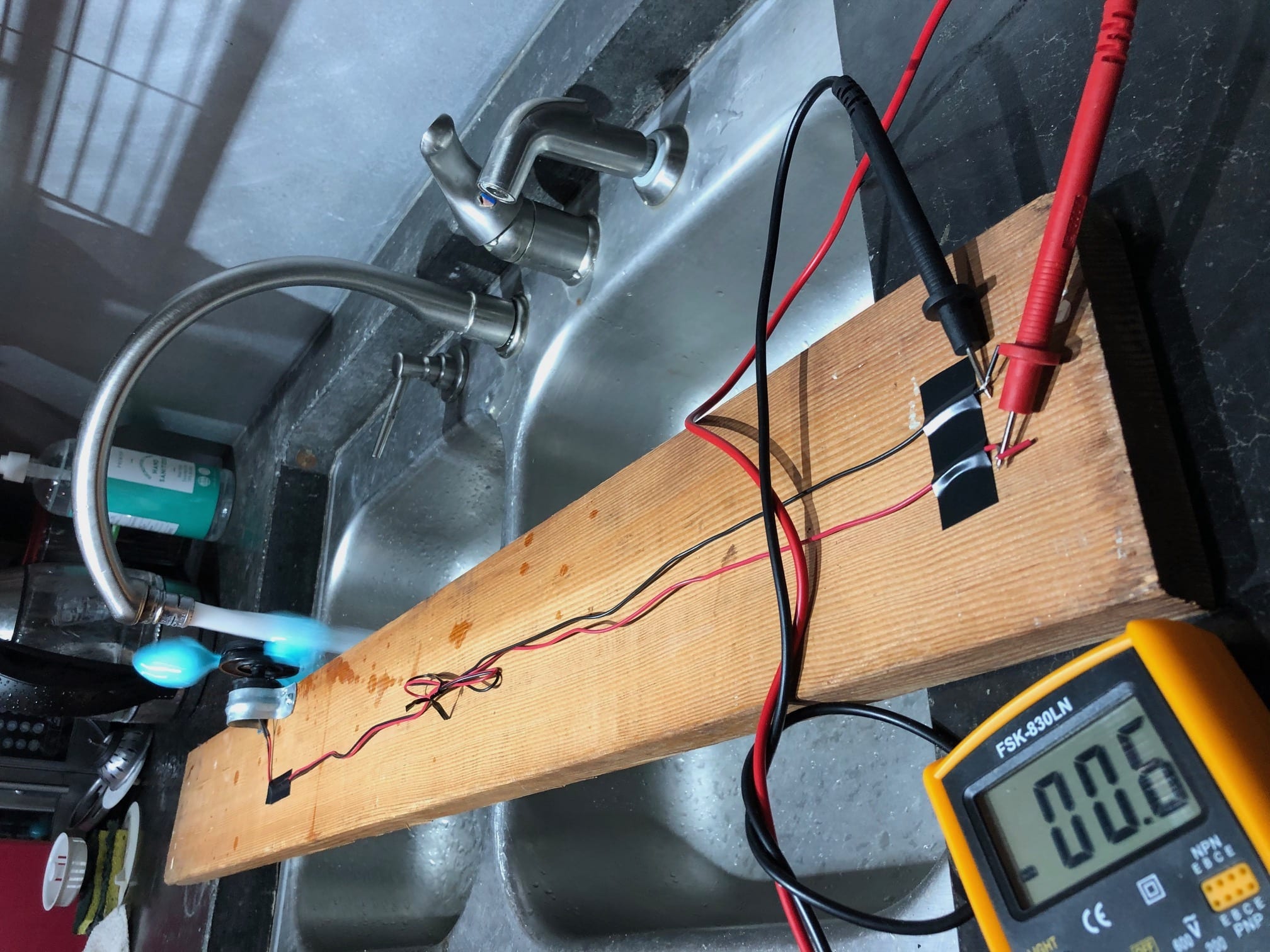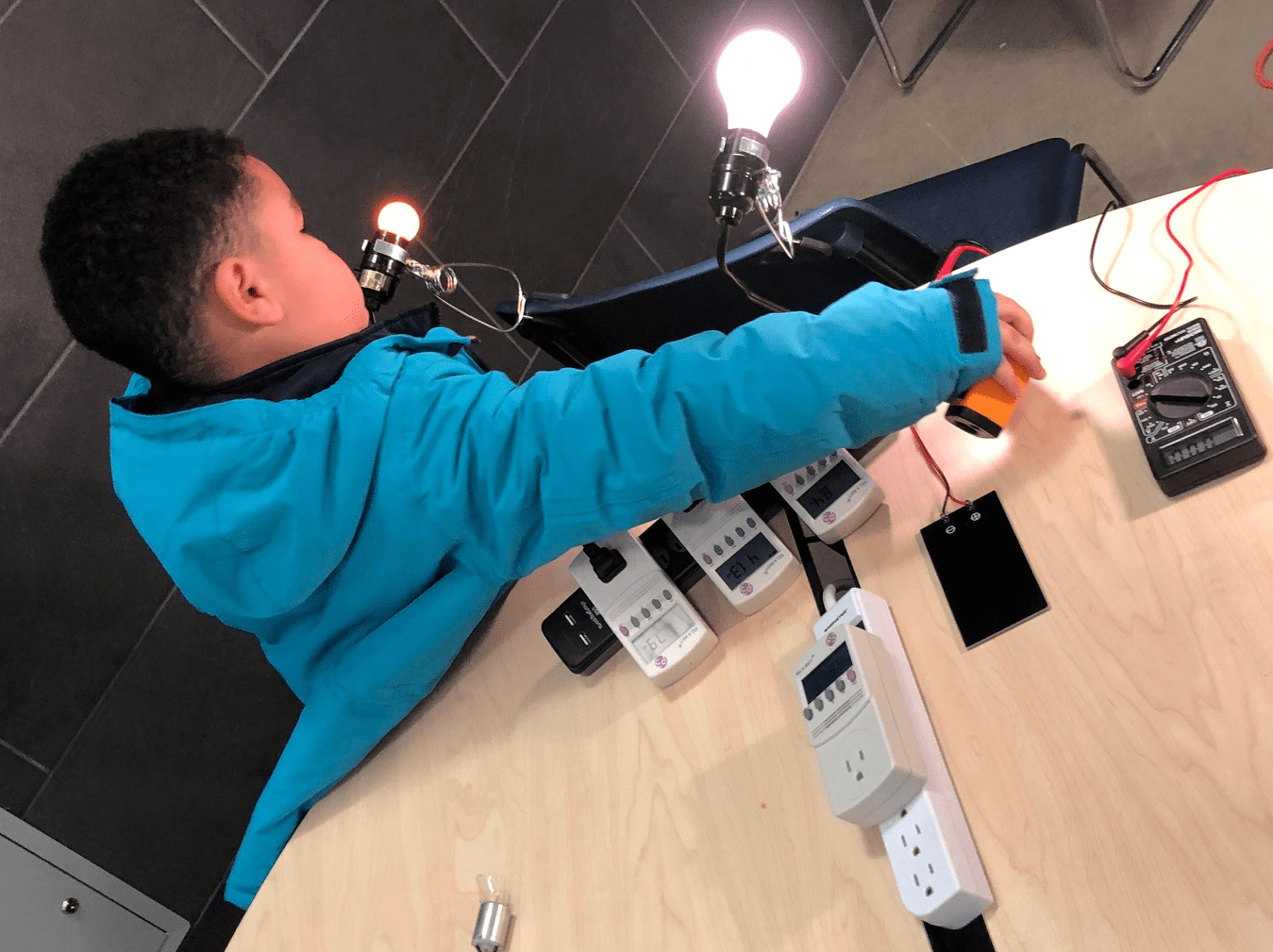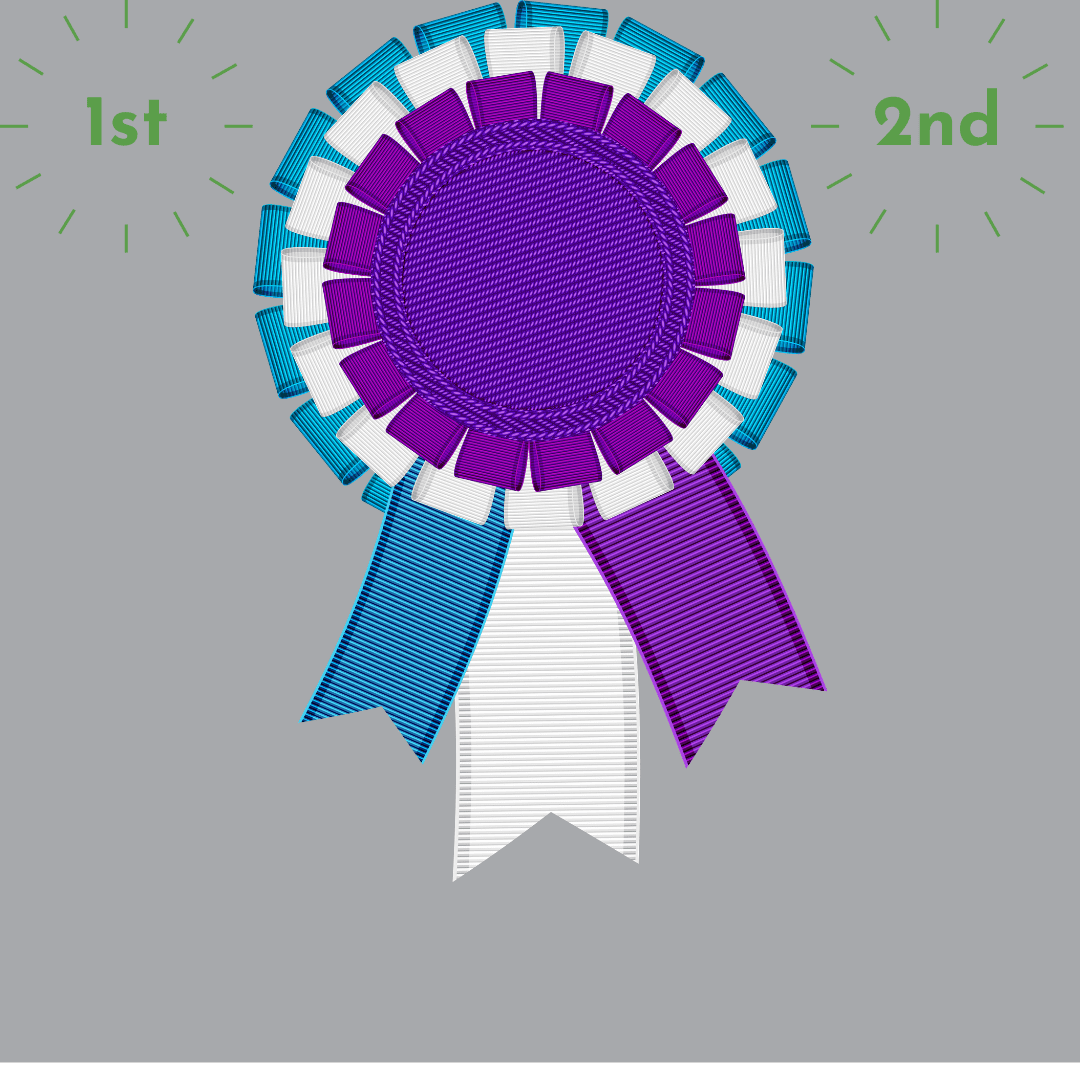Solar
Students that enter this challenge need to construct a solar powered device, such as a model house, ferris wheel, phone charging tree, machine, car, etc — as long as it is powered by solar!
All entries will be evaluated on their thoughtful, creative, and resourceful design, innovation and complexity of the circuitry, students’ reflections on the construction process, and what was learned about solar power. The rubric (with links to rules and presentation template) can be seen here.
This category is best suited for communities which have a good solar resource, and tested using an incandescent bulb or outside in March and April when Alaska’s solar resource improves. Solar prizes are sponsored by Matanuska Electric Association (MEA).
